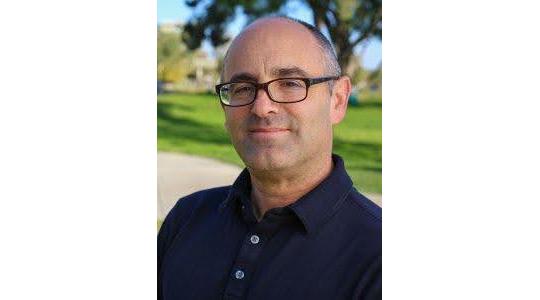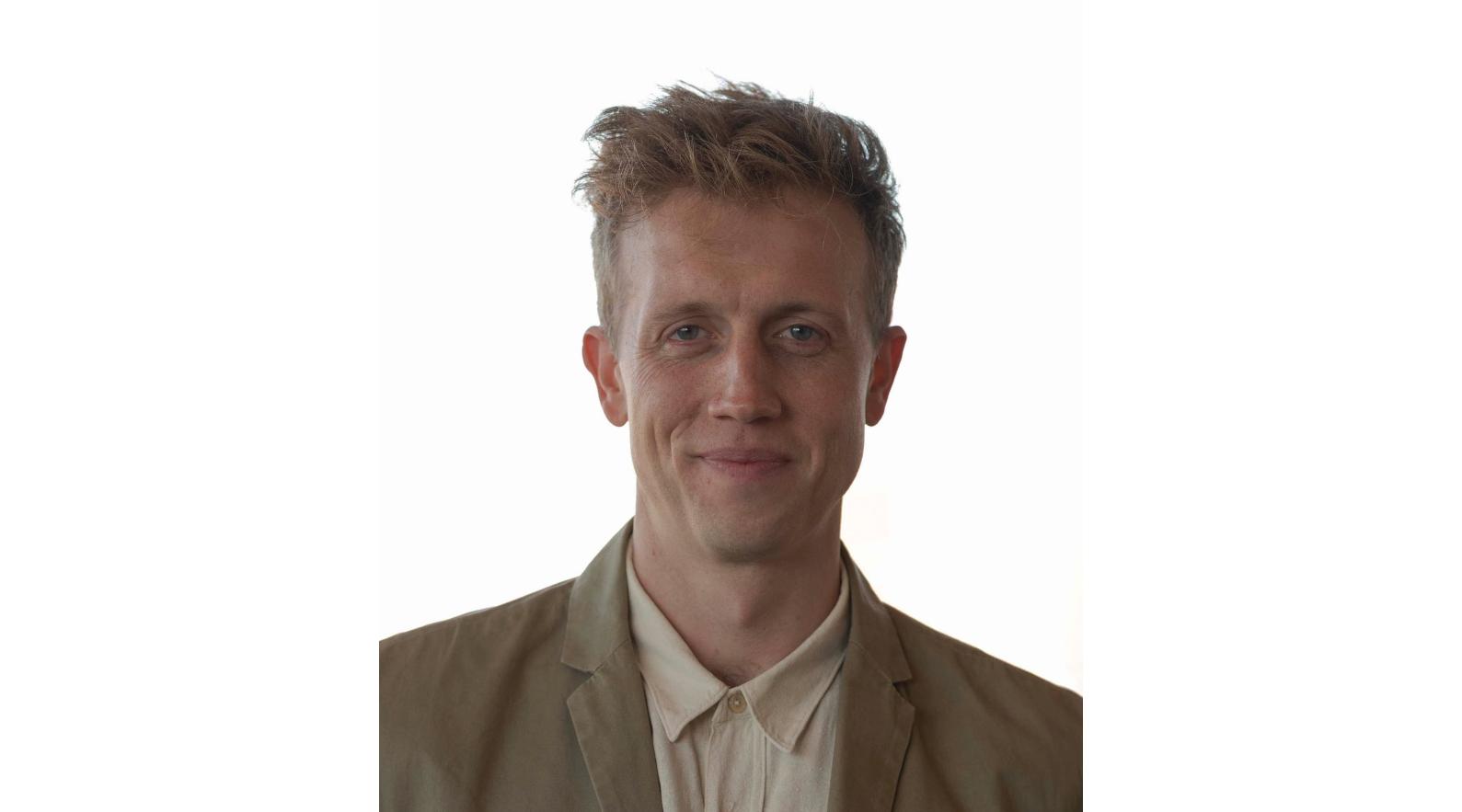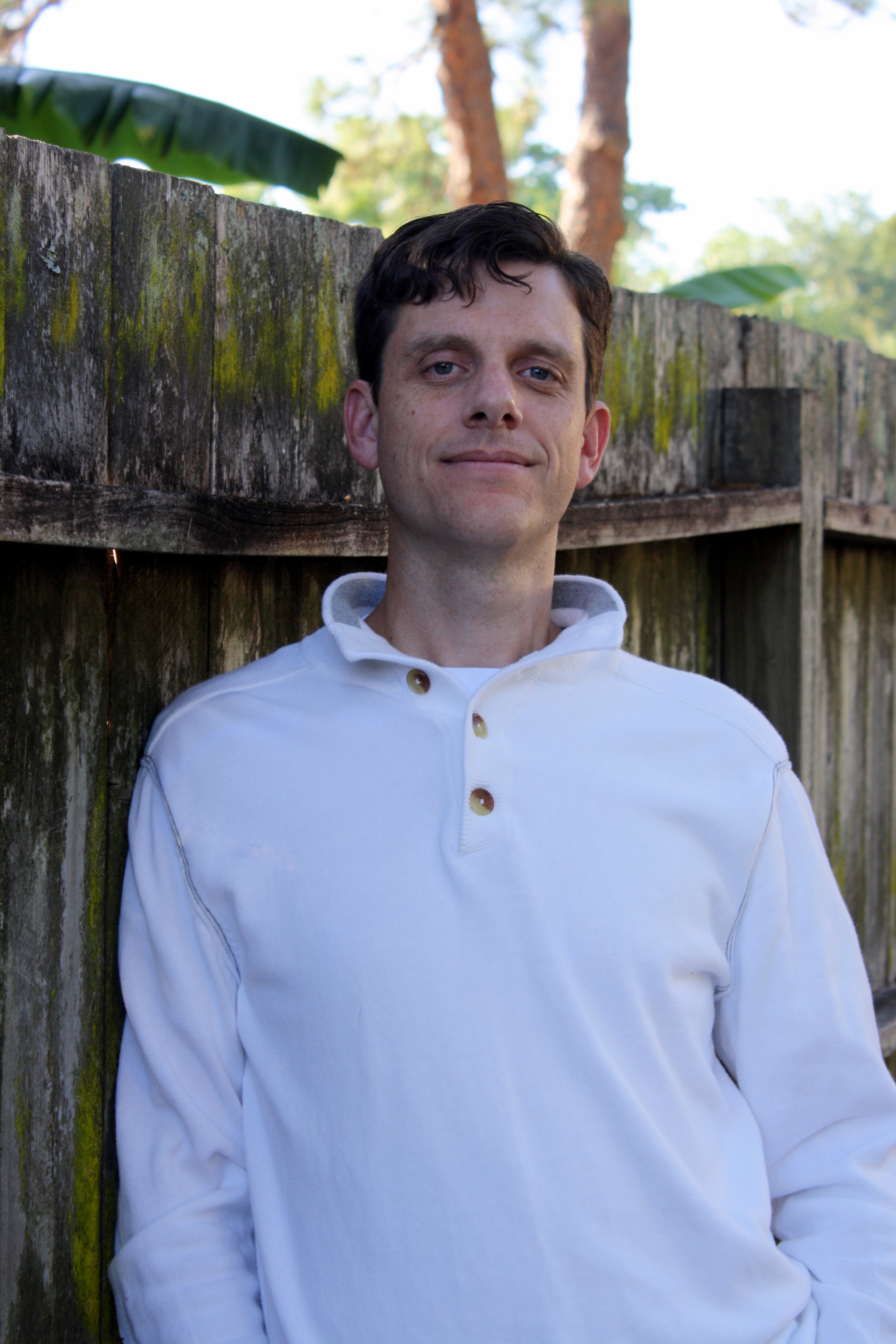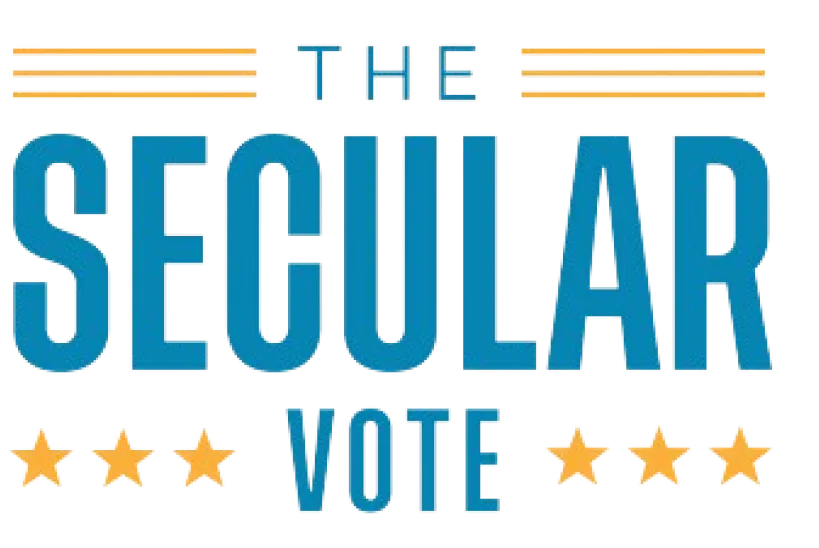
Dr. Phil Zuckerman is the author of several books, including Beyond Doubt (NYU, 2023), What It Means to be Moral (Counterpoint, 2019) The Nonreligious (Oxford, 2016), Living the Secular Life (Penguin, 2014), and Society Without God (NYU, 2008), and the editor of several volumes, including The Oxford Handbook of Secularism (2016) and The Social Theory of W.E.B. Du Bois (2004). He is an Associate Dean as well as Professor of Sociology at Pitzer College, and the founding chair of the nation’s first Secular Studies Program. He is also the Executive Director of Humanist Mutual Aid Network. He is a frequent contributor to Free Inquiry, Los Angeles Times, The Conversation, and OnlySky. He lives in Claremont, California.
Phil Zuckerman is a professor of sociology and secular studies at Pitzer College in Claremont, California.
Phil is the author of several books, including Beyond Doubt (NYU, 2023), What It Means to be Moral (Counterpoint, 2019), Living the Secular Life (Penguin, 2014), The Nonreligious (Oxford, 2016), Faith No More (Oxford, 2011), and Society Without God (NYU, 2008). He has also edited several volumes, including Atheism and Secularity (Praeger, 2010), Sex and Religion (Wadsworth,2005), and The Social Theory of W.E.B. Du Bois (Pine Forge, 2004). Phil’s books have been translated and published in Danish, Farsi, Turkish, Chinese, Korean, and Italian.
Phil’s work has also been published in various scholarly journals, such as Sociology Compass, Sociology of Religion, Deviant Behavior, and Religion, Brain, and Behavior. He has also published many Op-Eds in The Los Angeles Times, The Washington Post, Slate, Salon, etc.
In 2011, Phil founded the first Secular Studies department in the nation. Secular Studies is an interdisciplinary program focusing on manifestations of the secular in societies and cultures, past and present. Secular Studies entails the study of non-religious people, groups, thought, and cultural expressions. Emphasis is placed upon the meanings, forms, relevance, and impact of political/constitutional secularism, philosophical skepticism, and personal and public secularity. Courses offered in the Secular Studies program include “Sociology of Secularity,” “Secularism: Local/Global,” “Anxiety in the Age of Reason,” “Monkey Business: Controversies in Human Evolution,” “Secularism, Skepticism, and Irreligion,” etc.
Phil grew up in Pacific Palisades, California. Phil attended Santa Monica College before transferring to the University of Oregon, where he earned a BA (1992), MA (1995), and PhD (1998), all in sociology. His favorite writers include Tarjei Vesaas, Knut Hamsun, I.B. Singer, Richard Brautigan, Moa Martinson, Tove Ditlevsen, W.E.B. Du Bois, Steve Bruce, Peter Berger, and Erich Fromm. His favorite bands/musicians include Love, Nick Drake, The Beatles, Bert Jansch, Donovan, Turid, The Innocence Mission, Van Morrison, Bob Dylan, Neil Young, XTC, The Byrds, The Kinks, The Who, Talking Heads, Tom Petty, Elliott Smith, Kurt Vile, Cat Power, Tim Buckley, Simon and Garfunkel, and Nina Simone.
He currently lives in Claremont, California.
Areas of Expertise:
Secularization, Secularism, Secular culture, Secular morality, Secular identities, Scandinavian, Secularity










